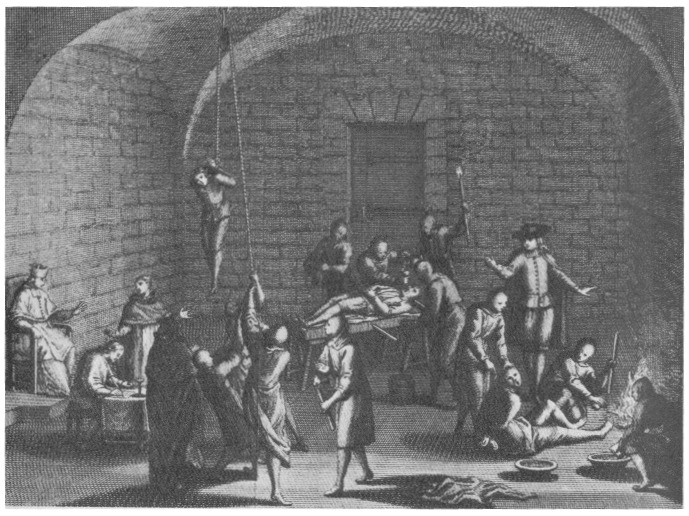The philosopher and the poet differ in that the poet knows (rather she feels-knows) the closure that is the defining characteristic of a system is fictional (in more or less interesting ways) … a philosopher may intuit this self-blinding circuit of dialectical thinking as well, but it is the bane of her rigor. Of course there are poet-philosophers and this is not meant as an exclusionary provocation.
A system without a philosopher is like a spinster without her butterflies.
Thomas, well, whether thought makes a thing real or not depends on whether one feels-thinks that our very perception or thinking itself is a medium. If it is, it would seem that such porousness of being would precede language as a mediation of our experience.
Them’s the breaks: are we little perception centers whirring or are we little nodes of sociality cross-pollinating with words?
Scott, I don’t think there’s anything less poetic about gravitas per se than there is about coco puffs or butterflies. Pop culture syntax and content has its effects on us because of advertising (which is surrealism in service of capital).
Yes, Jane, but what if “progress” leads us to logical positions regarding nuclear bombs such as: Mutually Assured Destruction (MAD)?
All philosophy is over (in the sense that all systematic thinking seeks knowledge of its own end in order to close the book on knowing), otherwise it is open to what I would call “collateral meaning” and this would make it proximal or poetic and not rigorous or scientific thinking.
Blake was wiser than most. But wisdom (perceived as a generic artifact) has its motifs and cul-du-sacs. Poetry insists on a constant revaluation of values. Poetry is in that holiest of lines of work: the seeking out and killing of idols.
It’s not that I disagree with your articulation or examples. I like both.
It’s that method (weather the dream-method of poetry or the fallibility-method of science) seems to be one’s only way to combat the totalizing instinct. Whether the totalizing instinct is negative as in fascist or racist or classist essentialism or positive as in “the Taoist way” or “the unified theory in physics” is irrelevant to the effect of totalization: erasure of difference.
And the liquidation of physical or conceptual difference is a problem for those who are different or those who think differently. Whole-istic thinking is tempting, as you point out. But, I would add, whole-istic thinking (history is a metaphysical category, after all) can be lethal as much as it can also seem to be necessary.
Jane, my goal is not to sound naive (all forward motion must be toward a better future and so on) or like a know-it-all (since I know nothing but I do enjoy thinking with people (that’s why I teach by asking questions)). It’s bad to be naive because it keeps us from asking the critical questions: what if I am that asshole who thinks everything is moving in the right direction when the effects of my positive outlook are sponsoring the killing of people? But that question and many like it are not enough if they lead to guilt-suppression mechanisms like recreational shopping (or donating or giving alms).
Yes, it is a violent world after all. But once we buy into the idea that we can know it “all”, the mystical function totalizes our potential experiences as this or that knowable purview. We know very little: this then, I claim, is the method both the man of letters and the man of numbers would do well not only to abide by but to use.
It’s a tough proposition because when a question is a demand, isn’t this when it becomes an inquisition? And that wasn’t a very pretty way to learn. I’m saying I don’t have the answers. I’m saying human enthusiasm makes me nervous. Asshole poets (citizens too) should take a basic ethics class, would be my response to your first question.
- The absence of Romanian feminism - June 18, 2013
- Are immigrants better at putting deconstruction to work? - May 22, 2013
- J=o=u=i=s=s=a=n=c=e Knows Best - April 18, 2013




